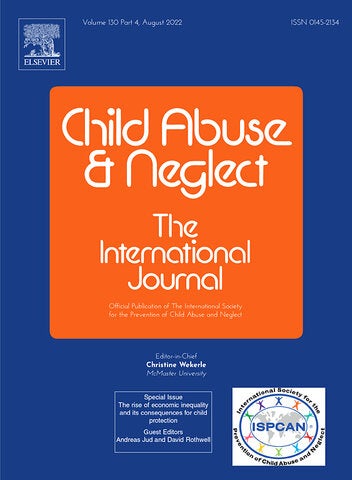Background
Mentoring, specifically peer mentoring, emerged in the child welfare setting in the early 2000s. Peer parent programs provide child welfare involved families a unique opportunity to connect with parents that have successfully navigated the child welfare system and who share similar lived experiences. No systematic review has been conducted to summarize findings associated with parental participation in peer parent programs and associated child welfare case outcomes.
Objective
This U.S. based study systematically summarizes the effectiveness of peer parent programs in child welfare on case outcomes, specifically permanency, time-in-care, and re-entry post reunification.
Methods
Four citations were identified for review from seven academic databases. A data template was utilized to extract the following information from each study: location, target of intervention, research design, setting of intervention, intervention description, peer parent criteria, inclusion and exclusion criteria for participants, sample size, statistical tests, outcomes assessed, and key findings.
Results
Several peer parent programs have been developed to support and empower child welfare involved families with the aim of improving case outcomes. All of the peer parent programs reviewed had a positive impact on reunification rates; that is, parents who participated in a peer mentor program were more likely to reunify with their child(ren) when compared to non-participants. Results regarding time-in-care and re-entry post reunification at 12 and 24 months were mixed.
Conclusions
Child welfare agencies should consider developing peer parent programs as they appear to be a promising intervention to support parents and increase positive child welfare outcomes.

